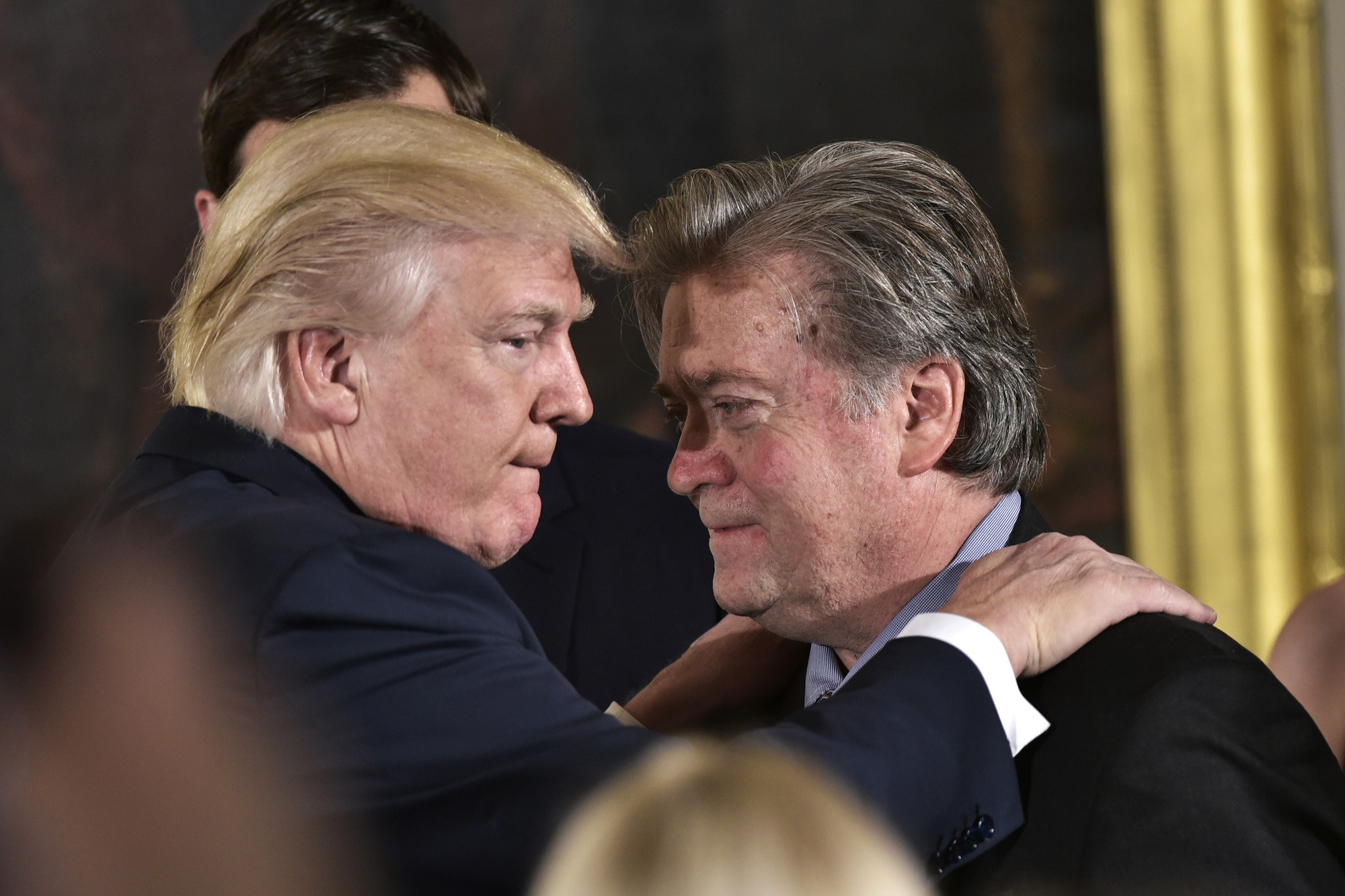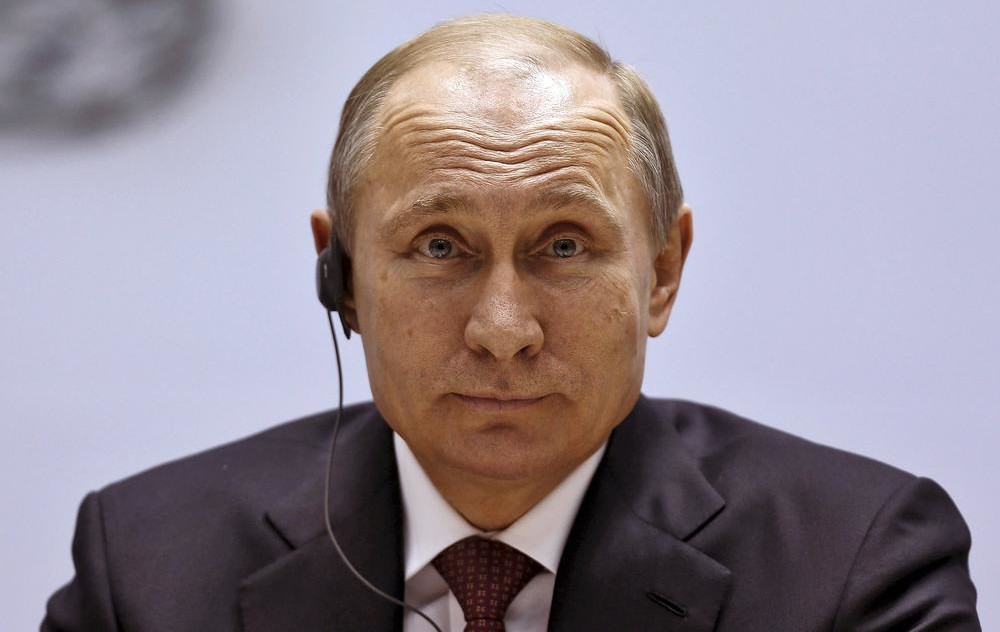Nassim Nicholas Taleb has his gifts, but, boy, is he a lot to take. He reminds me of the ego-crazy Uncle Excelsior that F. Murray Abraham played so perfectly on Louie.
In “Real Life Is Risk Taking,” a new Medium essay, the scholar takes his “Skin in the Game” theory to ridiculous lengths, revealing how impressed he was when he witnessed magician David Blaine seemingly stick an actual ice pick through his hand, no illusion, at a dinner party. What a couple of toolboxes.
Taleb is right to call out bankers and politicos who fiddle with the economy with no chance of getting burned, but his loathing for the expert class, the technocrats, is so all-consuming that during the election he exclaimed “absolutely no Hillary,” idiotically taunting the Democratic candidate as “Shillary.” He also seriously underestimated the peril of a Trump White House.
A now-deleted tweet:
Reading Trump all I see is protect your downside (unknown) risks. What’s behind the bluster is Fat Tony compatible.
— NassimNicholasTaleb (@nntaleb) March 26, 2016
From CNBC just prior to the election:
Not only is a Donald Trump presidency very possible, it’s also not all that much to worry about, scholar and author Nassim Taleb told CNBC’s Power Lunch.
Taleb said Trump is not as “scary” as people make him out to be.
“In the end, Trump is a real estate salesman,” Taleb said. “When you elect real estate salespeople to the presidency, they’re going to try deliver something.”
Because of that, Trump probably won’t do anything apocalyptic, Taleb said.•
In the Medium piece, he argues people responded to Trump because he was a “risk taker,” which is much easier to be when you’ve been handed wealth at birth and daddy buys several million dollars worth of chips to save your ass after you crap out as a casino owner. Even Trump’s many failings as a businessperson are spun into gold by Taleb, who seems to approve of macho idiocy–stabbing yourself or ripping off others–rather than more modest gifts like basic competency.
An excerpt:
The Donald
I have a tendency to watch television with the sound off. When I saw Donald Trump in the Republican primary standing next to other candidates, I became certain he was going to win that stage of the process, no matter what he said or did. Actually, it was because he had visible, very visible, deficiencies. Why? Because he was real and the public –composed of people who usually take risks, not the lifeless nonrisktaking analysts we will discuss in the next chapter –would vote anytime for someone who actually bled after putting an icepick in his hand than someone who did not. Or Trump was such a great actor that he should be performing in Greek tragedies. Arguments that Trump was a failed entrepreneur, even if true, actually prop up the argument: you’d even rather have a failed real person than a successful one, as blemishes, scars, and character flaws increase the distance between a human and a ghost.•


